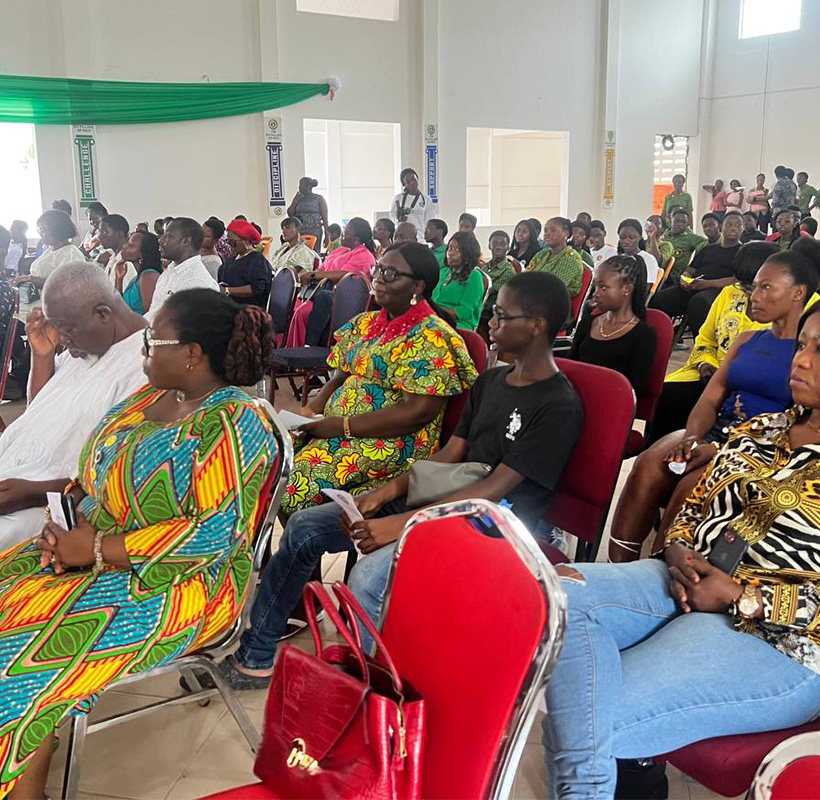Key Takeaways
- Debate and public speaking help students build confidence, critical thinking, and persuasive communication skills.
- Effective teaching strategies include structured practice, role-play, and real-life speaking opportunities.
- Incorporating research-based methods such as peer feedback, active listening, and storytelling strengthens learning outcomes.
- Long-term mastery requires consistent practice, mentorship, and self-discipline.
The ability to communicate ideas clearly and persuasively is a vital skill for students. Debate and public speaking not only prepare learners for academic success but also equip them with lifelong skills such as leadership, teamwork, and problem-solving. Whether you are a teacher, parent, or student, understanding the best ways to teach and master these skills is essential.
This article explores practical, research-backed methods to teach debate and public speaking effectively while making learning fun, engaging, and impactful.
Why Debate and Public Speaking Matter
Debate and public speaking are more than just classroom activities. They encourage students to:
- Think critically and analyze different perspectives.
- Organize ideas logically for stronger communication.
- Develop leadership and teamwork through structured argumentation.
- Gain confidence to speak in front of diverse audiences.
When taught systematically, these skills shape well-rounded students who can thrive academically and socially.
Best Ways to Teach Debate Skills
1. Start with the Basics of Argumentation
Before engaging in formal debates, students should learn the foundation of constructing arguments. Teach them how to build a strong thesis, provide supporting evidence, and anticipate counterarguments.
2. Encourage Research and Evidence-Based Thinking
Debates thrive on credible information. Assign topics that require students to gather facts, statistics, and real-life examples. This helps them sharpen research skills while learning to defend their viewpoints with evidence.
3. Use Structured Debate Formats
Introduce students to well-known formats like British Parliamentary, Lincoln-Douglas, or Team Policy. A clear structure makes debates easier to follow and ensures every student has equal opportunity to participate.
4. Promote Respectful Rebuttals
Teach students that debates are not about “winning at all costs” but about presenting arguments respectfully. Encourage active listening, respectful disagreement, and thoughtful counterarguments.

Best Ways to Teach Public Speaking Skills
1. Begin with Confidence-Building Exercises
Start with small activities like introducing themselves in class, storytelling, or short speeches. Gradual exposure reduces anxiety and builds confidence.
2. Focus on Voice, Tone, and Body Language
Public speaking goes beyond words. Teach students how to use gestures, eye contact, pauses, and voice modulation to capture attention and connect with the audience.
3. Encourage Storytelling for Impact
Storytelling is a powerful communication tool. Help students learn how to weave stories into their speeches to make them more engaging and memorable.
4. Provide Constructive Feedback
Create a supportive environment where peers and teachers give positive, specific feedback. Highlight strengths while gently guiding students to improve weaknesses.
Practical Strategies for Teachers and Parents
- Role-Play Activities: Assign real-life scenarios where students practice persuading or presenting.
- Debate Clubs: Create after-school clubs that encourage regular practice and friendly competitions.
- Public Speaking Competitions: Encourage participation in speech contests, Model UN, or drama clubs.
- Use Technology: Tools like video recording allow students to review their speeches and self-correct.
- Mentorship: Pair students with mentors who can coach them in advanced speaking and debating techniques.
Long-Term Success through Self-Discipline
Debate and public speaking skills are not mastered overnight. True success comes from consistency, resilience, and self-discipline. Students who practice regularly, embrace feedback, and challenge themselves with new speaking opportunities will gain confidence and become persuasive communicators who excel in academics, leadership, and beyond.
Frequently Asked Questions (FAQs)
1. At what age should students start learning debate and public speaking?
Students can begin as early as primary school with simple storytelling, progressing to structured debates by middle or high school.
2. How can shy students become confident public speakers?
Start with small, low-pressure speaking opportunities and gradually increase exposure. Encourage practice in supportive environments.
3. What is the most effective debate format for beginners?
The Lincoln-Douglas format (one-on-one debate) is often best for beginners because it focuses on clarity and persuasion rather than team strategy.
4. Can debate and public speaking improve academic performance?
Yes. These skills strengthen critical thinking, research ability, and confidence, all of which positively impact academic success.
